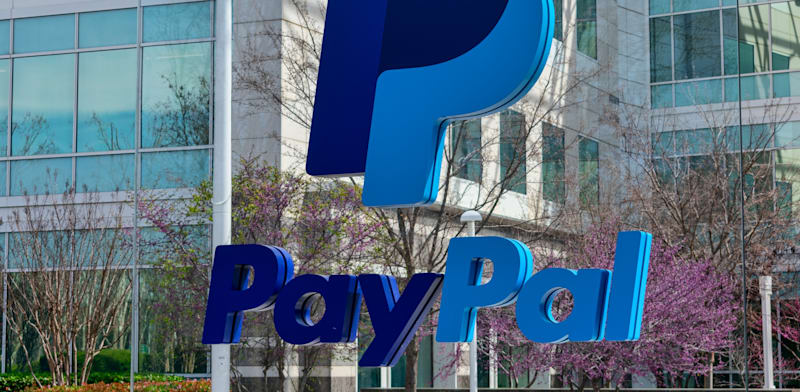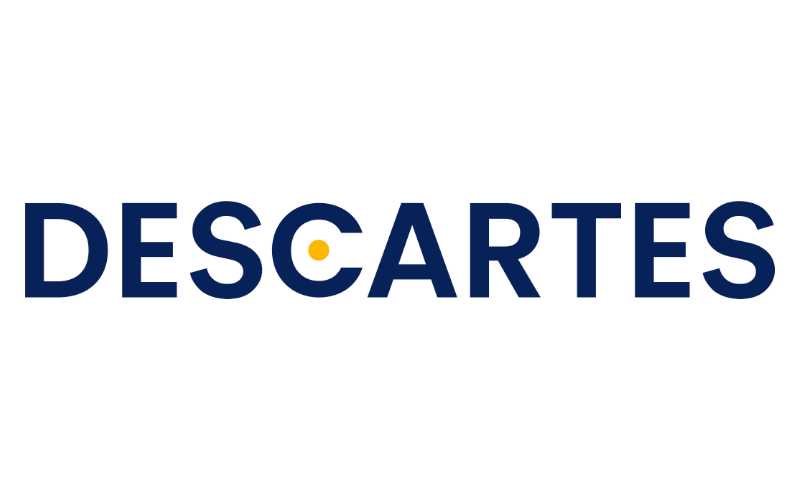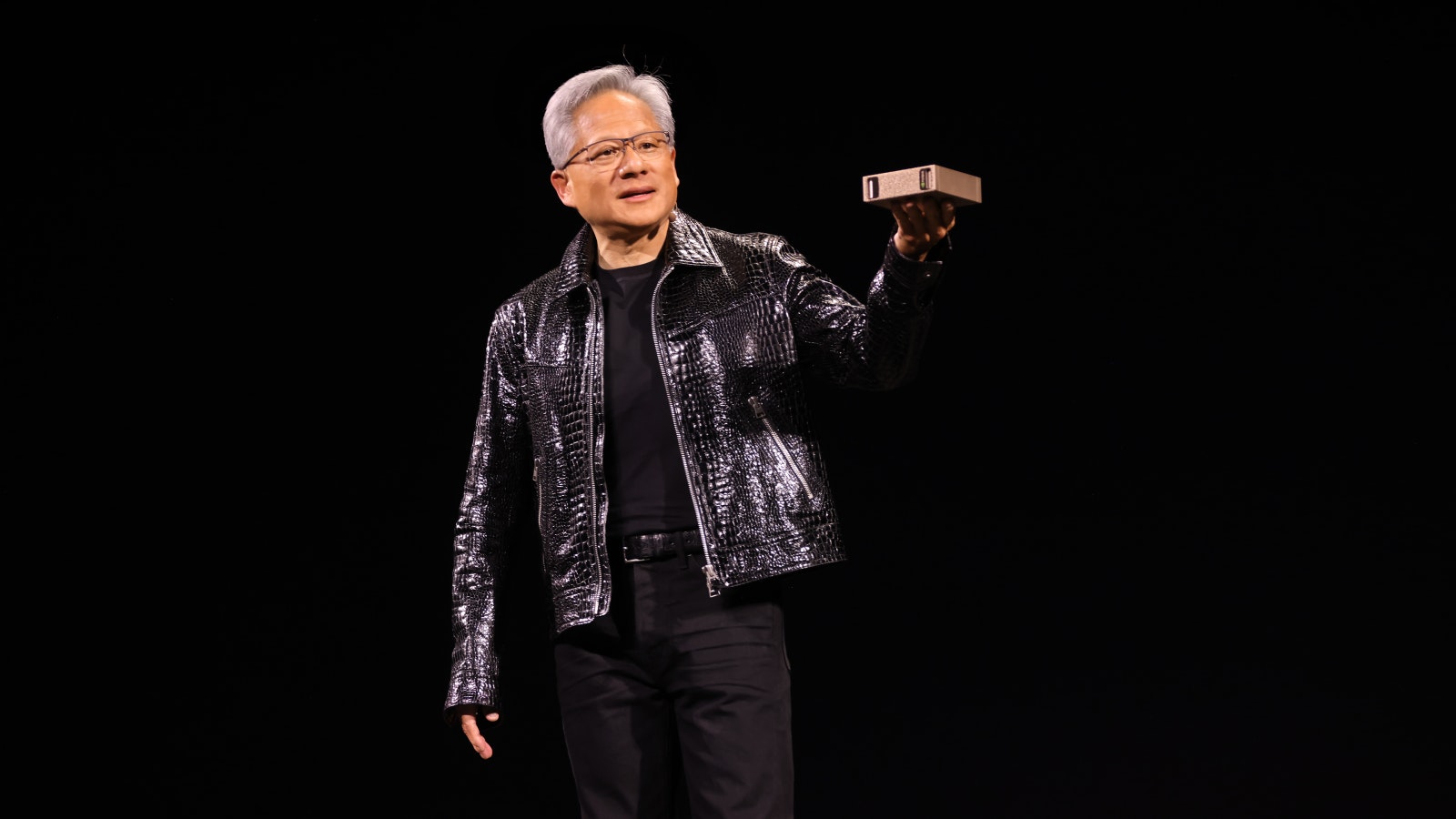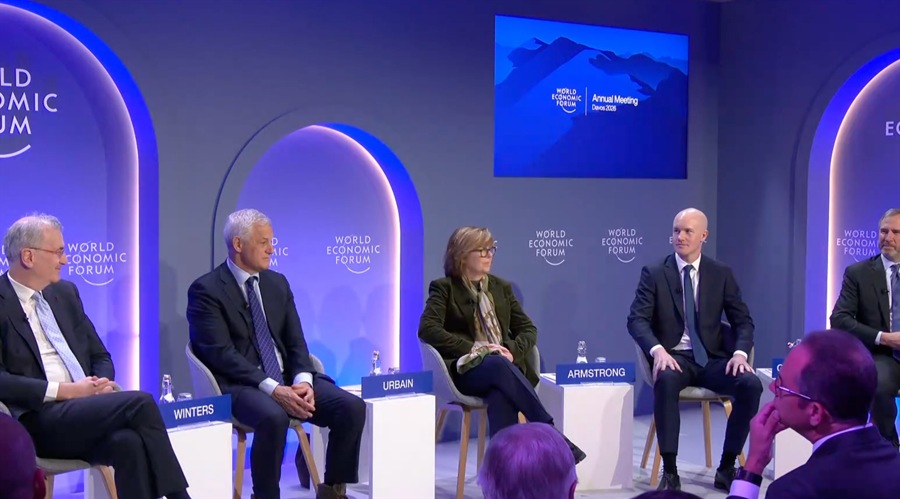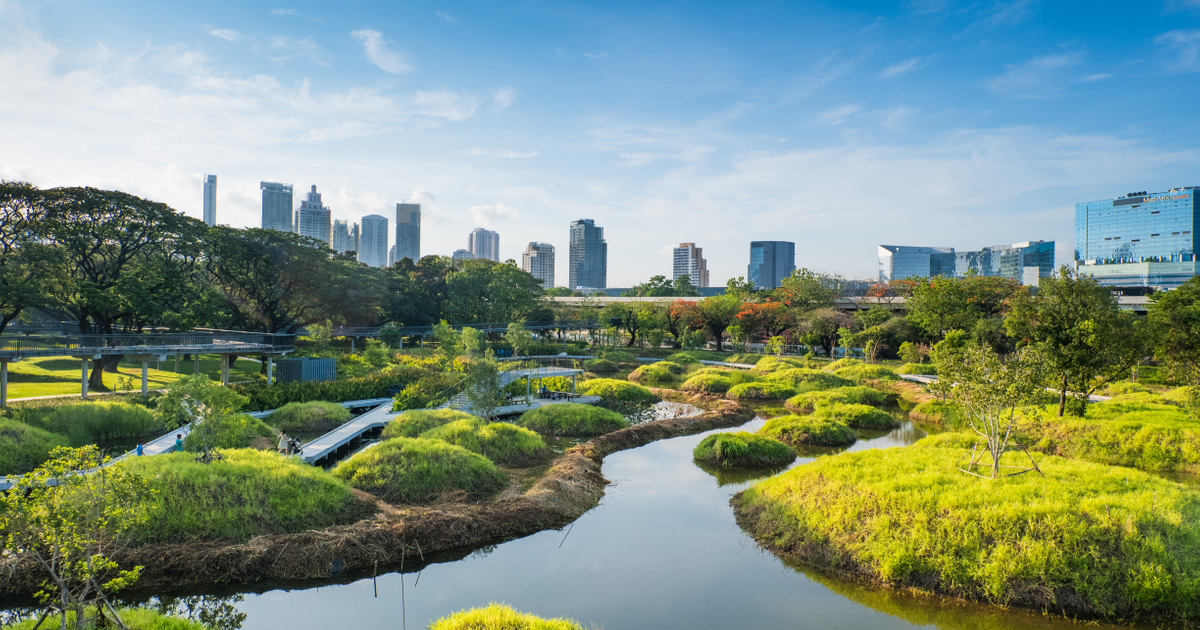Last week (September 12), six Asean-based exchanges published a list of ten governance aims that form part of the regional bloc’s Common ESG Metrics. The points constitute the final component in a list of 27 comprehensive recommendations for disclosure by listed companies in the regional markets, which span the full breadth of environmental, social and governance (ESG) issues. Those covering “E” (environment) and “S” (social) elements were published in March and December 2022, respectively.
The full list serves “as a common basis for member stock exchanges to build upon to drive sustainability among their listed companies,” explained Dr. Soraphol Tulayasathien, senior executive vice president and head of both the Corporate Strategy and Sustainable Market Development Divisions at the Stock Exchange of Thailand (SET).
“Each individual exchange within Asean will champion the adoption and significance of ESG metrics in the context of their local market dynamics,” he told FinanceAsia.
The Asean Exchanges in six countries – Bursa Malaysia, Hanoi Stock Exchange, Ho Chi Minh Stock Exchange (HOSE), Indonesia Stock Exchange (IDX), Philippine Stock Exchange (PSE), the Singapore Exchange Group (SGX) and SET – first established an ESG Working Group (ESG WG), in 2021. Together, the members work to lead regional sustainability-themed initiatives in response to the increased prominence of ESG issues that have come to inform international investment decision-making, as well as other due diligence processes.
A spokesperson for SGX shared with FA, “The Asean Exchanges have been working together to create a framework for collaboration across different areas to elevate the Asean capital market and we are seeing encouraging progress. The establishment of ESG metrics is one.”
Additionally, Tulayasathien revealed exclusively to FA that recently, Bursa Malaysia, IDX, and SET had entered into a Memorandum of Understanding (MoU) to collaborate on other sustainability-related opportunities.
“This agreement underscores the collective commitment of these three exchanges to promote the adoption of sound ESG practices, as well as to facilitate responsible growth within their respective markets.”
He said that the MoU would aim to provide cross-border ESG investment opportunities spanning the Asean region. “The formal announcement of the MoU will be made to the public shortly… Please stay tuned.”
The news follows other strategic endeavours recently announced in the region. In July, the Hong Kong Exchanges and Clearing Limited (HKEX) and IDX announced a partnership to explore mutually beneficial opportunities.
At the time, experts told FA that the development would mean that domestic and international investors active in Hong Kong could poise themselves to benefit from opportunities across Indonesia’s onshore energy transition story – in particular, to tap into the market’s rich nickel reserves and to play a role in the burgeoning development of its domestic electronic vehicle (EV) supply chain.
Earlier in February, the HKEX signed a MoU with the stock exchange operator in Saudi Arabia, to explore opportunities across fintech, ESG and cross-listings, among other areas.
Product initiatives
The Asean governance metrics were formalised at a meeting that took place on September 08, which was also attended by representatives for the Cambodia Stock Exchange (CSX) and Lao Securities Exchange (LSX).
The event saw the leaders acknowledge the complementarity of their exchanges and the potential for connectivity opportunities through product enhancement, such as collaboration across depository receipts (DR).
Discussing the potential for new, cross-border product offerings, Tulayasathien said that the Asean-based ESG WG had witnessed rising demand from regional market participants for a broader spectrum of investment opportunities.
“Presently, the SET hosts a total of 13 DRs on its exchange platform, encompassing foreign shares and Exchange-Traded Funds (ETFs) originating from China and Vietnam, with an addition of five Fractional Depositary Receipts (DRx) on technology and growth stocks from US and Hong Kong.”
“As part of the strategic partnership known as the Thailand-Singapore DR Linkage between Thailand and Singapore, the SET is poised to inaugurate a DR featuring Singaporean underlying stocks from September 19.”
First launched in May, the SGX spokesperson confirmed that the DR linkage was initiated with DRs on four companies.
“Since its inception in 2018, the trading volume of DRs has experienced substantial growth. We embrace the opportunity of extending collaborative initiatives with other exchanges to broaden our global reach and offerings,” Tulayasathien added.
Meanwhile, the SGX continues to explore a diverse range of tools to help investors incorporate climate considerations into their investment portfolios, alongside the development of the exchange’s own net-zero transition plan.
“To that end, we have enhanced our shelf of climate-themed products and solutions including our Electric Vehicles metals contracts, SGX MSCI Climate Action index futures suite and the listing of the iShares MSCI Asia ex-Japan Climate Action ETF,” the spokesperson said.
“This is on top of our FTSE Blossom Japan derivatives and Nikkei 225 Climate PAB futures introduced in March this year.”
The contact highlighted that those Straits Times Index (STI) constituents that had begun focussing on low-carbon solutions, had outperformed the broader benchmark.
“Sembcorp Industries, Keppel Corporation and Yangzijiang Shipbuilding have been actively growing their renewable energy and cleaner or green solutions portfolios – the three stocks have averaged 46.8% total returns in 2023 YTD, compared to 3.0% total return for the STI.”
In July, Singapore’s Sustainability Reporting Advisory Committee (Srac) opened a public consultation on mandatory climate reporting in line with International Sustainability Standards Board’s (ISSB) criteria, for all listed companies active in the market. The latest stage of sustainability reporting among SGX listcos is scheduled to launch in Q4 2023, the SGX spokesperson confirmed.
Meanwhile in Hong Kong, last month the market’s Securities and Futures Commission (SFC) published a comprehensive roadmap for the rollout of ISSB standards in the market.
Governance gains
Among the ten Asean governance recommendations, is the annual performance assessment of board directors and ongoing and continuous professional education programmes for such leaders.
Sharing progress to date, the SGX spokesperson said that directors of Singapore-registered listcos are mandated to attend one of eight prescribed sustainability courses to equip themselves with basic knowledge of sustainability matters.
“We recognise the importance of training and in 2022, SGX mandated sustainability training for all directors of listed companies…. To date, over 3,200 individuals have attended the prescribed trainings.”
In Thailand, Tulayasathien noted that the number of listed companies participating in the Thailand Sustainability Investment (THSI) assessment had risen from 100 companies in 2015, to 221 in 2022.
“One of our key accomplishments lies in the remarkable progress of Thai listed companies in the realm of ESG practices, earning them global recognition,” he said.
“Currently, 26 Thai listed companies have been included in the Dow Jones Sustainability Indices, while 42 and 41 listed firms have been selected for inclusion in the FTSE4Good and MSCI ESG indices, respectively. This remarkable achievement positions Thailand as the leader in ESG rankings within the Asean region.”
He also detailed that Thai market participants have access to various ESG education portals, including the SET ESG Data Platform, which comprises the SET ESG Acadamy and the SET ESG Pool collaborative network.
“[The metrics] are intended to serve as a reference point for and to improve ESG disclosure practices by companies across Asean.”
“The initiative underscores the importance of comparable, consistent and relevant ESG data which is increasingly being demanded by investors regionally and internationally,” Tulayasathien concluded.
Bursa Malaysia, Hanoi Stock Exchange, HOSE, IDX and PSE did not respond to requests for comment.
¬ Haymarket Media Limited. All rights reserved.










